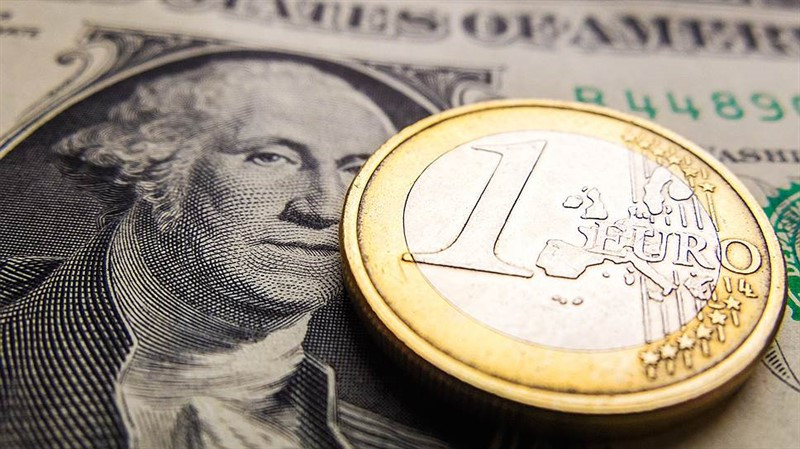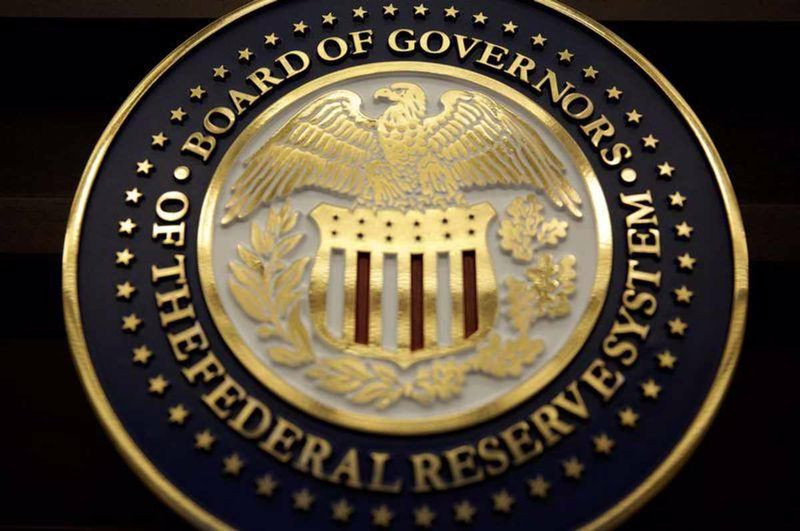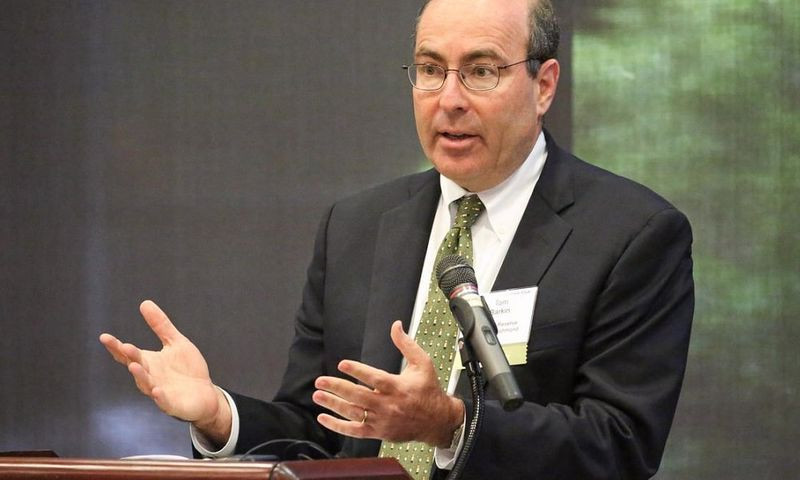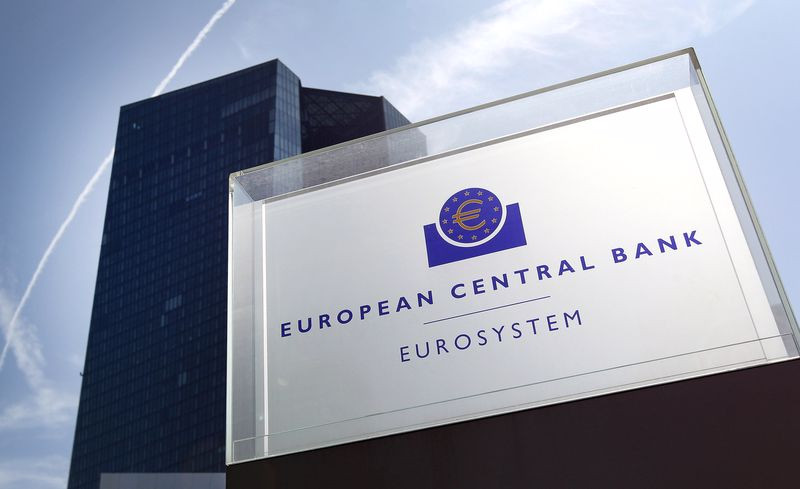High inflation demands the Fed and the ECB to take a tougher stance, fighting rising prices
Currently, interest rate hikes by more than 160 basis points in the US and by 50 basis points in the EU are expected by the end of the year.
The ECB last raised interest rates in 2011 at the height of the supply shock and debt crisis, which is now considered a political mistake.
As for the Fed, it is trying to avoid a repeat of the so-called 2013 tantrum, then widely seen as a communication error.
Investors express concerns about the prospect of tighter Fed's policy. Besides, it has led to rising government bond yields and declining stock prices in the United States.
Since the beginning of 2022, the yield on 10-year Treasuries has jumped more than 35% and the S&P 500 Index has lost about 5%.
The day before, the 10-year Treasury yield reached 2%, the highest level in two and a half years. However, the broad market index fell by 1.8% due to unfavourable statistics, indicating a new 40-year record of inflation, which jumped in January to 7.5% with the forecast of 7.3%.
At the same time, consumer prices rose by 0.6% last month. Higher food prices (+0.8% month-on-month, 6.7% year-on-year) and services (+0.6% month-on-month, +4.6% year-on-year) contributed significantly to the acceleration of inflation in January.
This suggests that inflation is increasingly spreading deeper into the economy, forcing investors to further revise their portfolios to account for the Fed action, which could be more aggressive.
Markets now estimate a 94% chance of a 50 basis point increase in the federal funds rate in March, compared to 33.7% a week ago.
Earlier, Fed policymakers have largely resisted the idea of a half-point rate hike, which they have not used since May 2000.
St. Louis Fed Chairman James Bullard believes such a move would be a reasonable response to an unexpected inflation shock.
Strategists at Societe Generale said that the strong January inflation report again underscored the need for urgent action by the Fed. They added that the market was beginning to assess a much more aggressive way of rate hikes.
Experts at BofA Global Research, who said they backed the Fed's hawkish call to raise rates seven times this year, shared the same view.
They said that the January consumer price index report was another wake-up call for the US central bank. Specialists noted that inflation was increasingly widespread in the US.
Some experts, however, believe the Fed will maintain its gradual approach to tightening monetary policy despite higher-than-expected inflation.
RBC Capital Markets officials said that they hoped that the Fed's response function was not so sensitive to these kinds of mistakes due to rising inflation.
According to BlackRock experts, the Fed needs to adjust its policy quickly, but not necessarily too much in the aggregate amount, as it would create significant risk for the markets and the economy.
They said that the Fed had to aggressively move policy away from overly favorable conditions. Experts noted that implementing that turnaround would be a real challenge for FOMC officials.
Richmond Fed President Thomas Barkin said on Thursday that they would focus on the outcome by March.
Moreover, he stressed that he would have to be confident if he decided to raise the interest rate by 50 basis points.
National Securities analysts believe high volatility in the US stock market is likely to persist until the Fed's March meeting, and traders will calm down when the regulator proceeds with a rate hike and outlines its future plans in detail.
Henderson Investors said that the upward inflation trend was currently causing concern in the stock market as it could indicate a more aggressive Fed's policy.
They reported that markets might remain volatile in the coming months until either inflation stabilized or the market became convinced that the Fed was taking the necessary measures.
The current market environment is likely to be favourable for the dollar.
The greenback outperformed its major rivals on Thursday amid falling stock indices and rising treasury yields.
Meanwhile, the EUR/USD quickly lost its positive momentum after reaching a three-month high at 1.1494 and ended yesterday's trading near 1.1430.
The renewed strength of the greenback ahead of the weekend continues to put pressure on the pair and it is trying to overcome bearish trend on Friday, trading just below 1.1400.
The USD index has been rising for the second session in a row, though a strong move above 96.00 looks strange to the dollar bulls.
The levels of 97.44 (high of 2022 on January 28) and 97.80 (high of June 30, 2020) are further north.
Higher-than-expected US inflation for January allowed the greenback to strengthen, but not as much as might have been expected.
Experts think the reason for it was an extremely aggressive bullish positioning by large speculators in US currency futures. According to the Commodity Futures Trading Commission (CFTC), last week it declined slightly, but still remains in the area of two-year highs and does not allow the dollar to grow strongly.
Moreover, the Commonwealth Bank of Australia authorities noted that not only the Fed's policy was hawkish.
CBA strategists said that at least some FOMC members were focused on urgency. They added that the Fed was not the only central bank facing that inflationary conundrum.
CBA strategists believe last week's hawkish turnaround at the ECB could limit the dollar's rise, eliminating risks for the euro.
Following the ECB's January meeting, its head Christine Lagarde acknowledged inflation risks and refused to rule out a rate hike this year. Informed sources told Reuters that some members of the ECB's Governing Council had planned to make policy changes at the previous week's meeting.
However, this week the ECB officials tried to ease market expectations that the regulator would soon stop buying bonds and raise interest rates by 50 basis points in the eurozone by December.
ECB Chief Economist Philip Lane said on Thursday that inflation in the eurozone would weaken without significant ECB policy tightening as pandemic-related bottlenecks in goods as well as labor were removed.
He reported that as the bottlenecks would be resolved, price pressures should ease and inflation should return to its trend without the need for a substantial adjustment in monetary policy.
Lane added that monetary policy drove domestic demand, tightening it in response to an external supply shock would mean that the economy would face two adverse shocks at the same time.
ECB President Christine Lagarde said on Friday that raising the ECB's key interest rate at that stage would not reduce record high inflation in the eurozone and would only hurt the economy.
She stressed that raising interest rates would not solve any of the current problems. Lagarde was confident that inflation would decline in 2022. She added that they were closer to target levels, enabling them to phase out some monetary measures. Lagarde stated that they did not want to hamper economic recovery.
Lagarde's comments, along with the continued strengthening of the dollar, put pressure on the EUR/USD pair.
As long as the pair remains below 1.1400, it could continue to fall to 1.1350. Below that level, support is at 1.1320 and 1.1300.
Rabobank experts believe the market was likely to be too aggressive in pricing in ECB policy tightening in a one-year perspective. Besides, it makes the euro vulnerable, especially if the market starts to revise its estimates.
The bank officials stated that long positions on the US currency were likely to continue to limit the upside potential of the dollar in the coming months. However, they noted that the US inflation cycle was much stronger than in the eurozone and they did not expect the dollar's bullish trend to end.
Rabobank experts added that they had predicted that the EUR/USD pair would fall to 1,000 by mid-year when the Fed's policy tightening began. But they moderately revised that forecast to 1,1100 amid the ECB's hawkish policy change, and put the euro's recovery into their medium-term forecasts. Currently, experts forecasted EUR/USD at 1.1500 for the year compared to their previous forecast of 1.1200.















